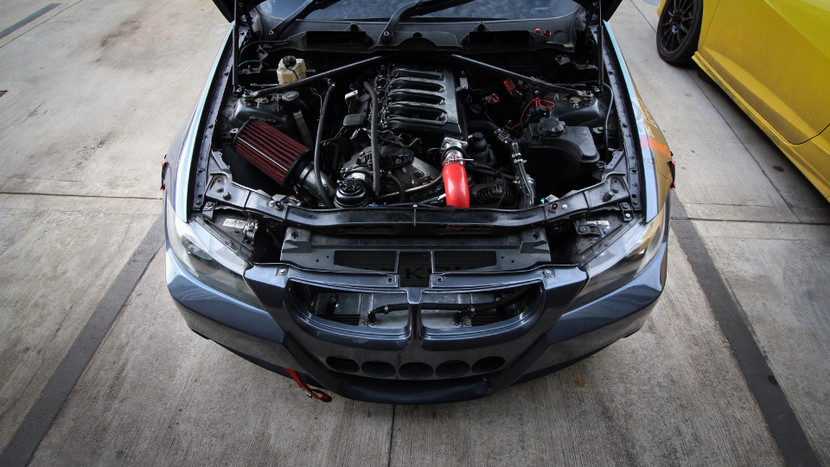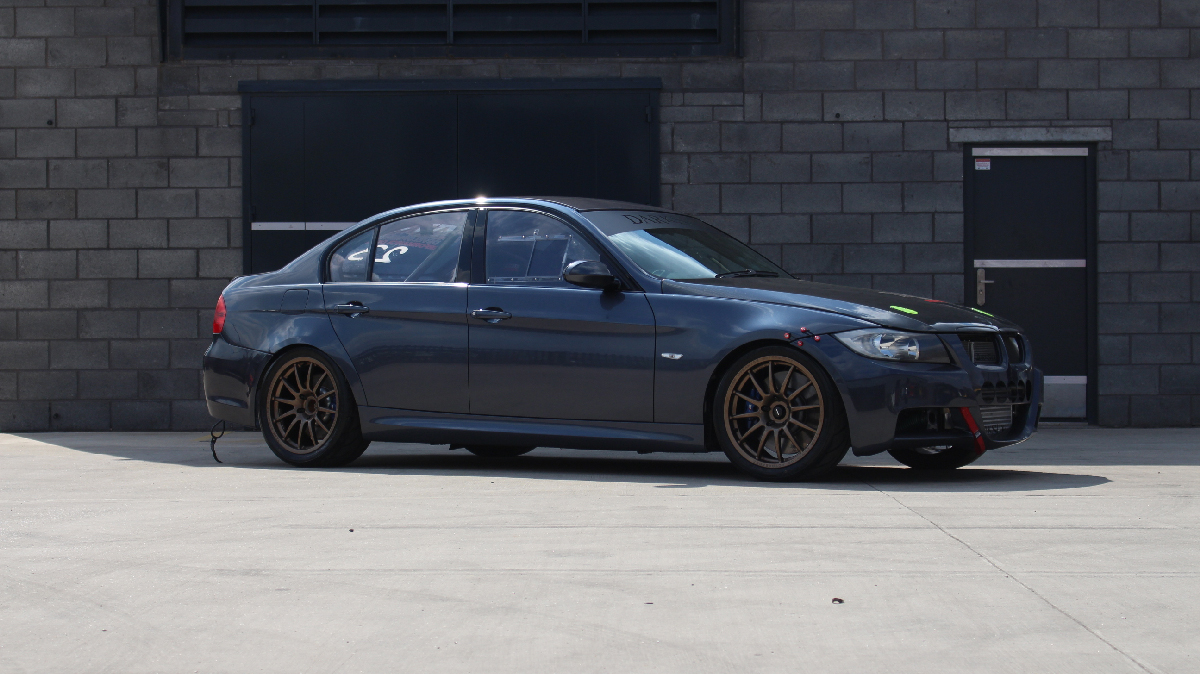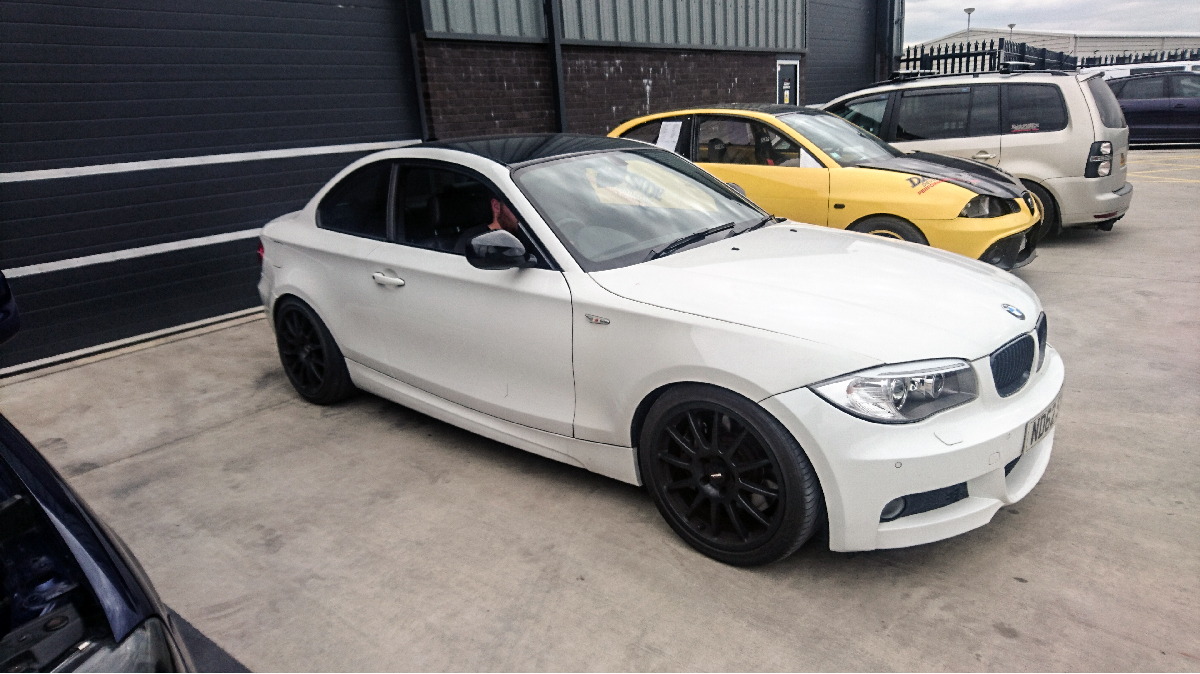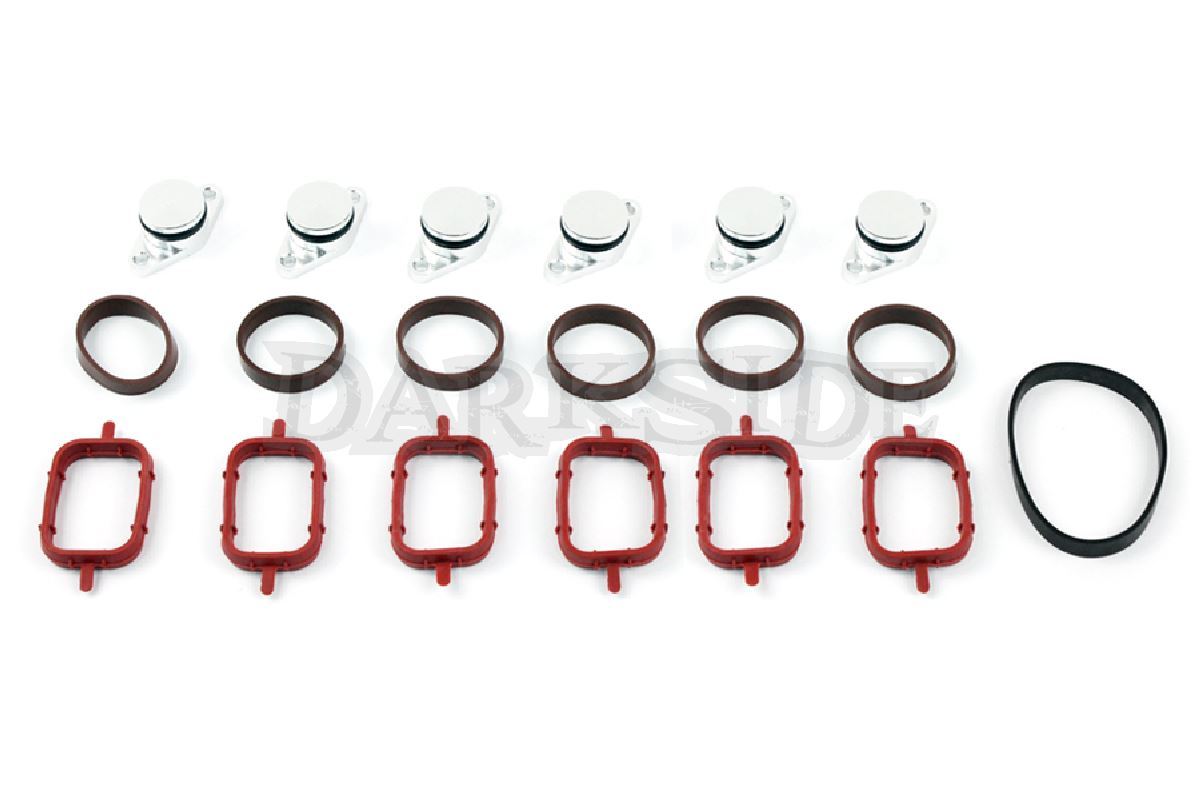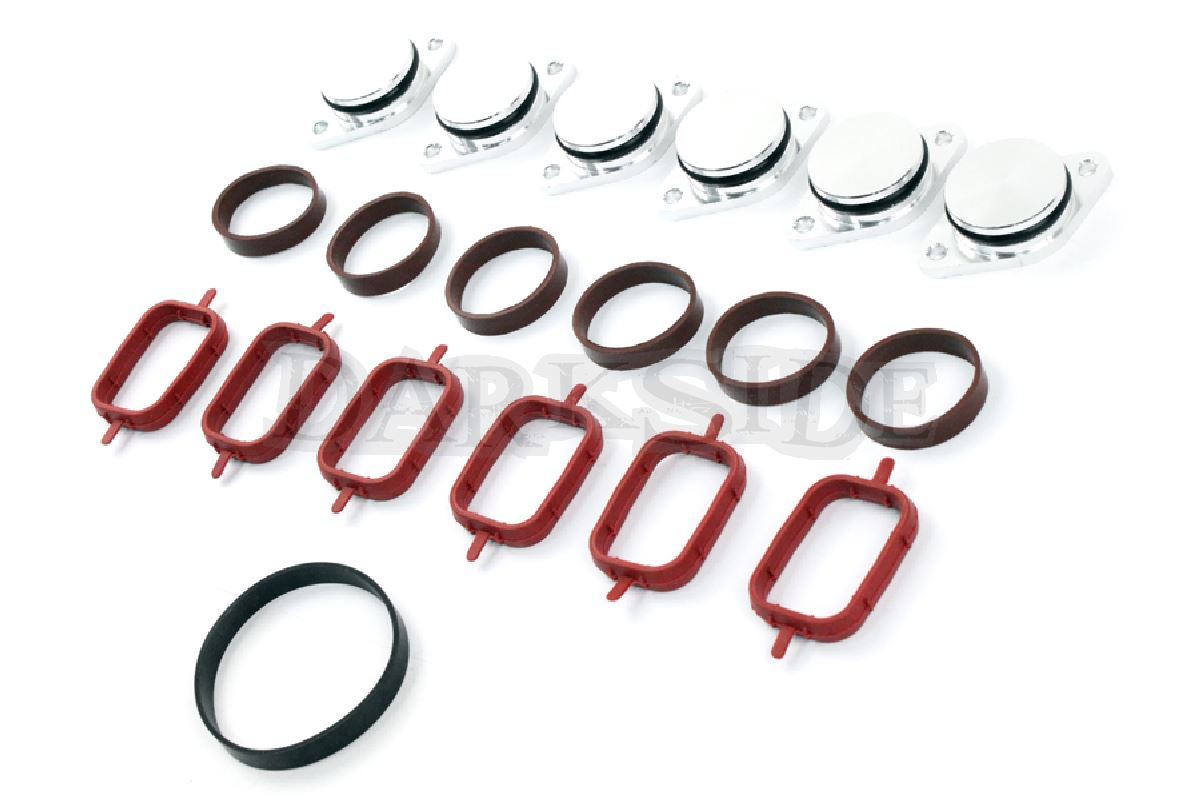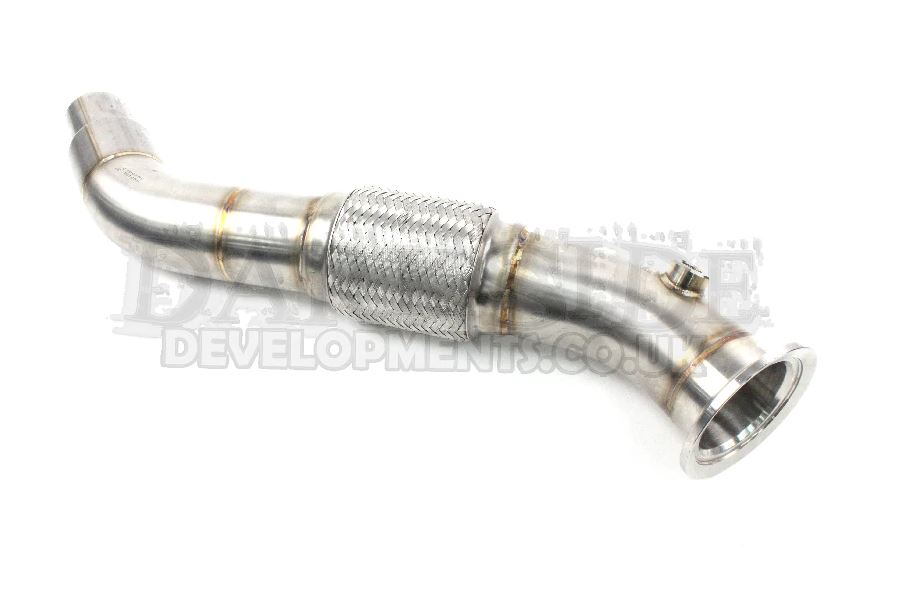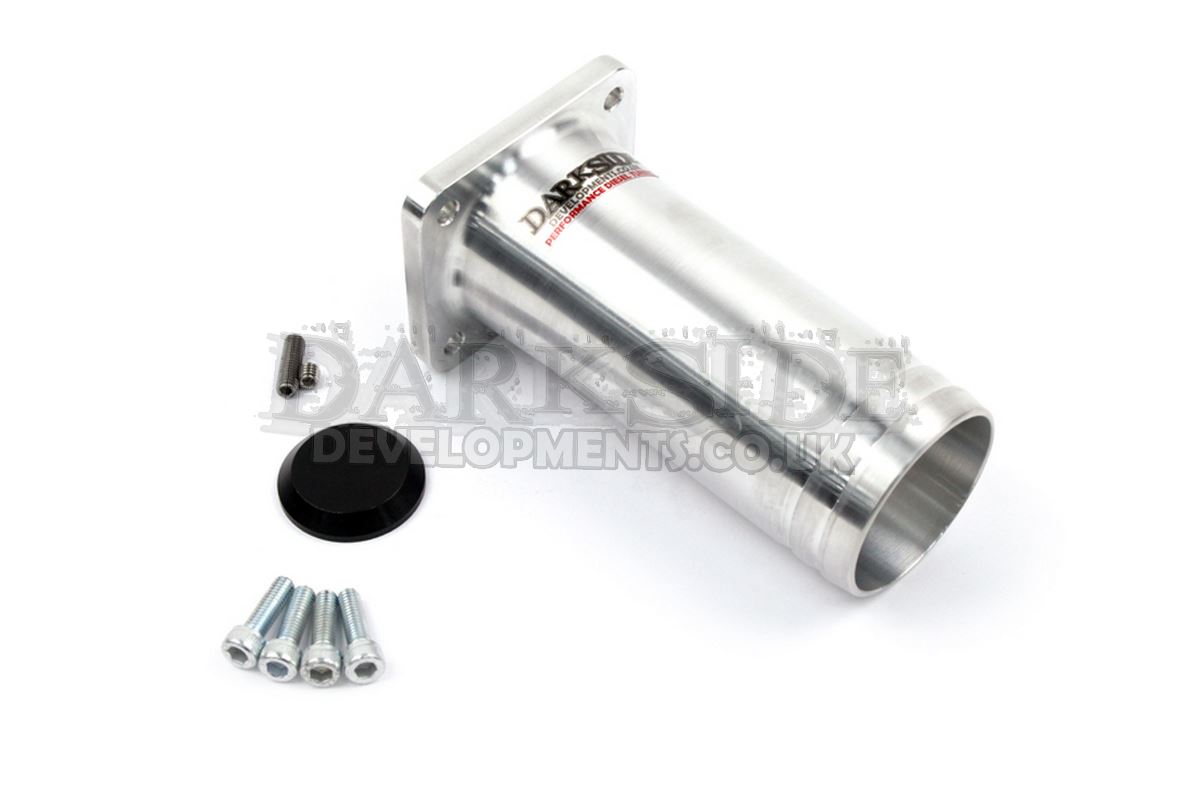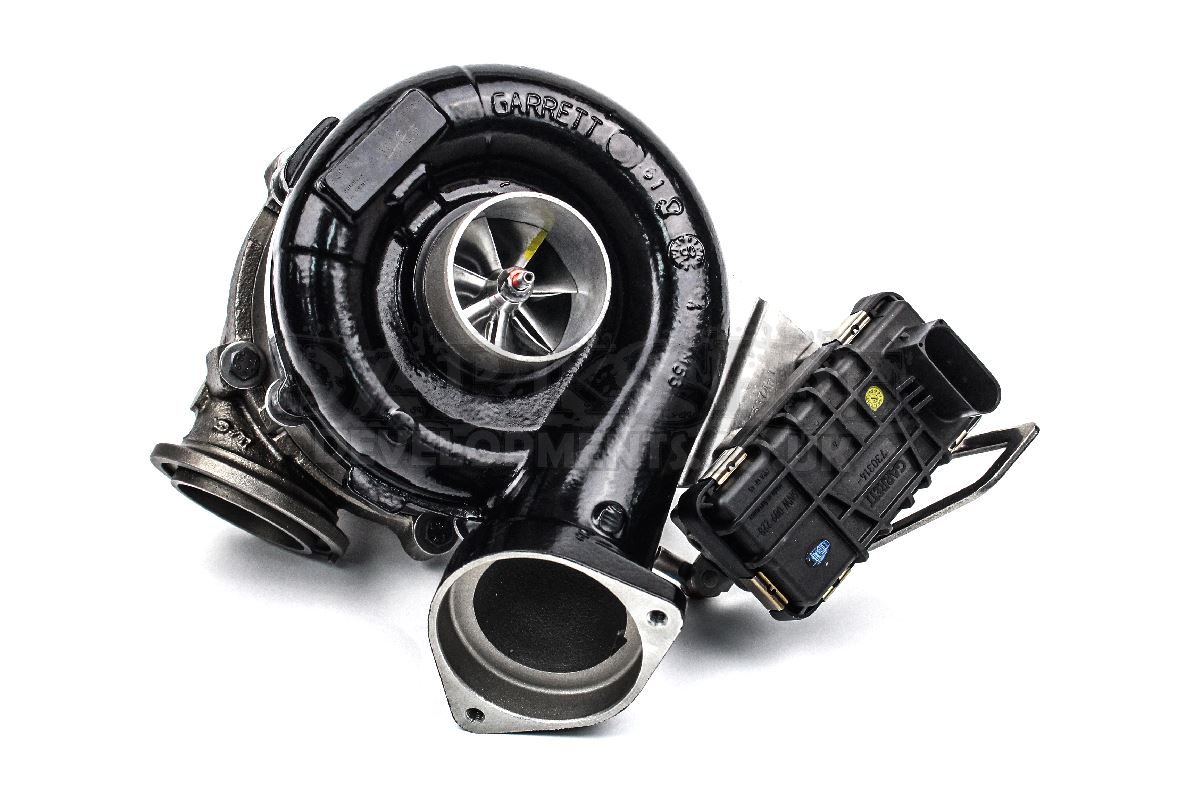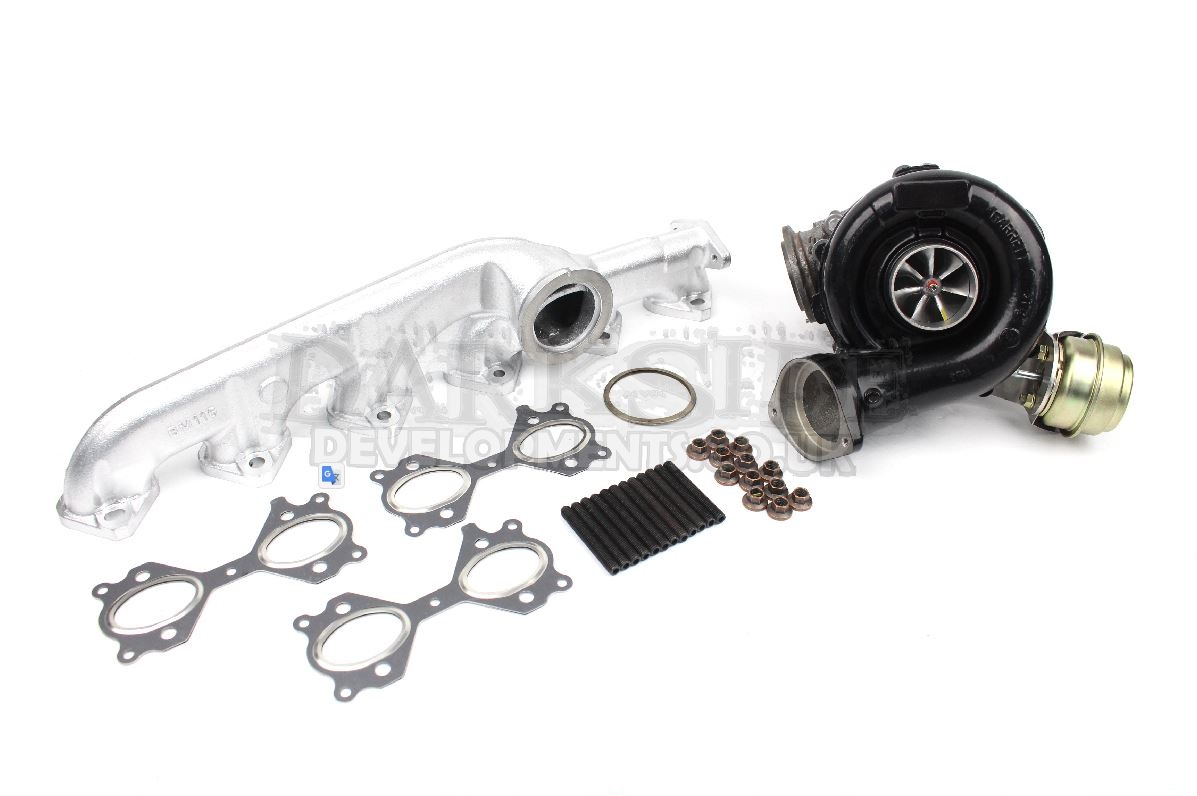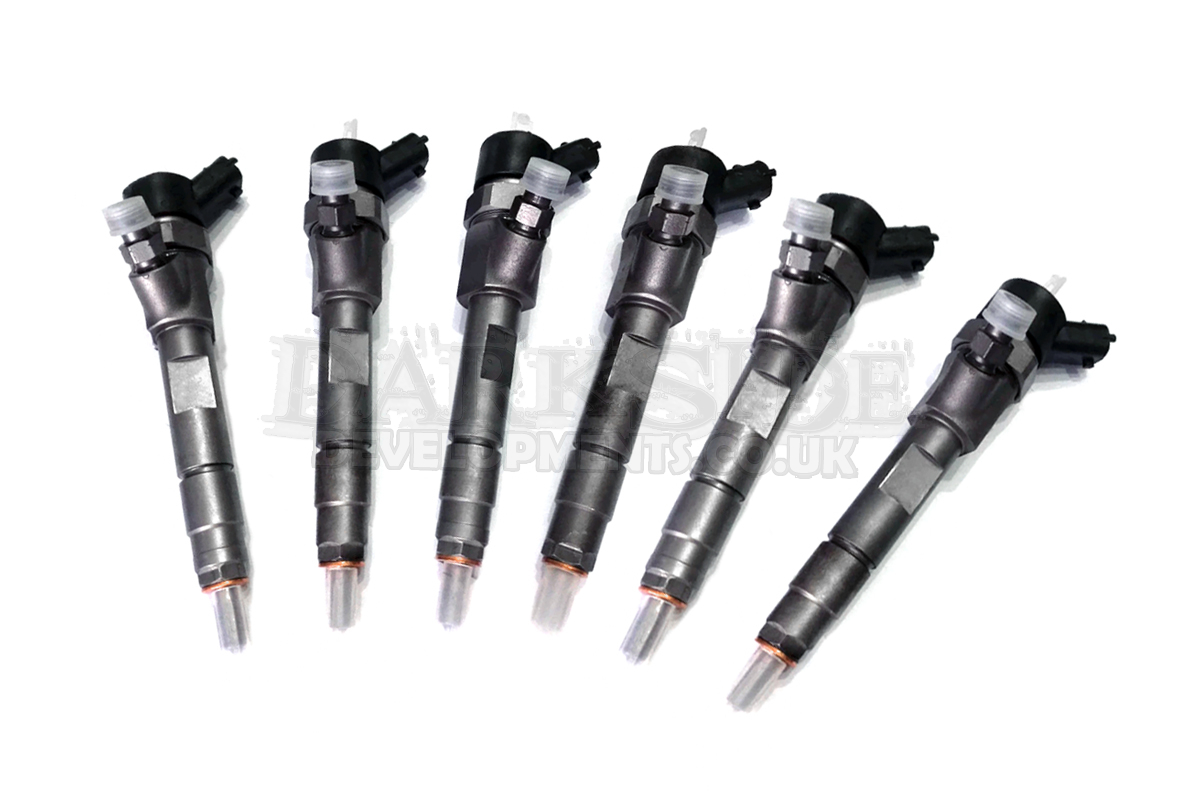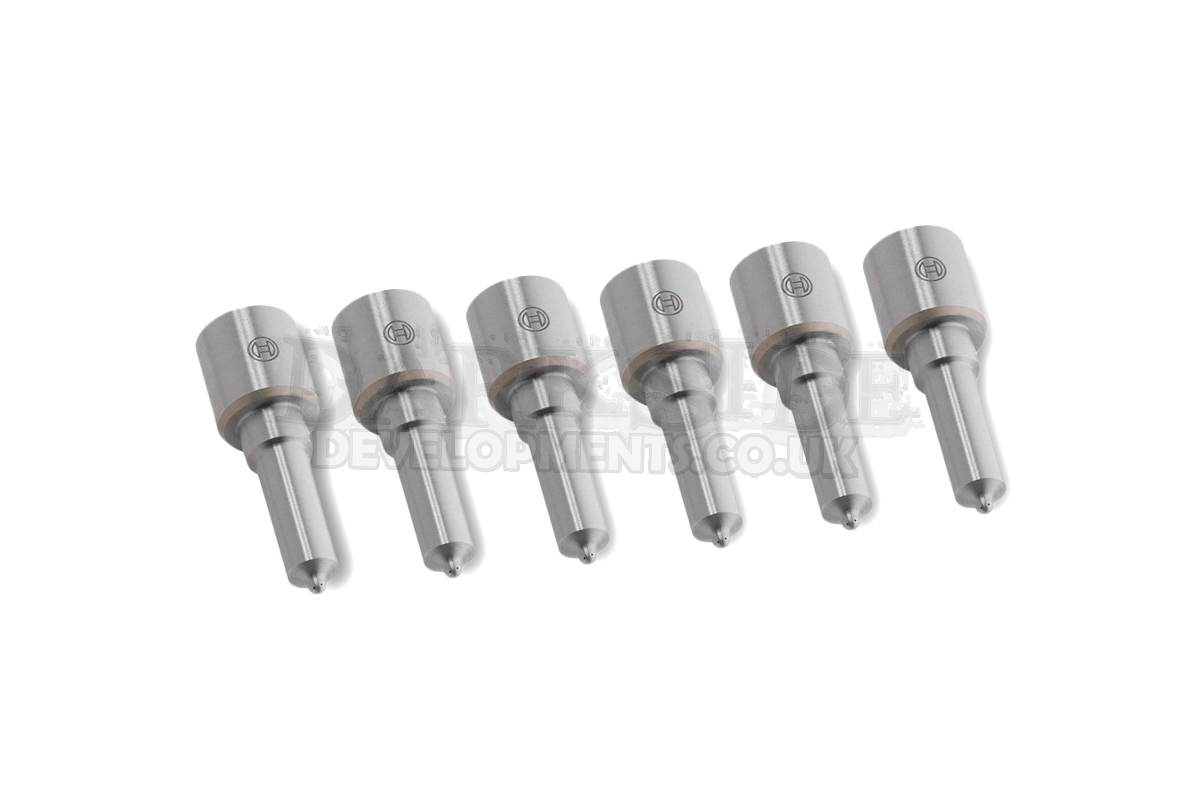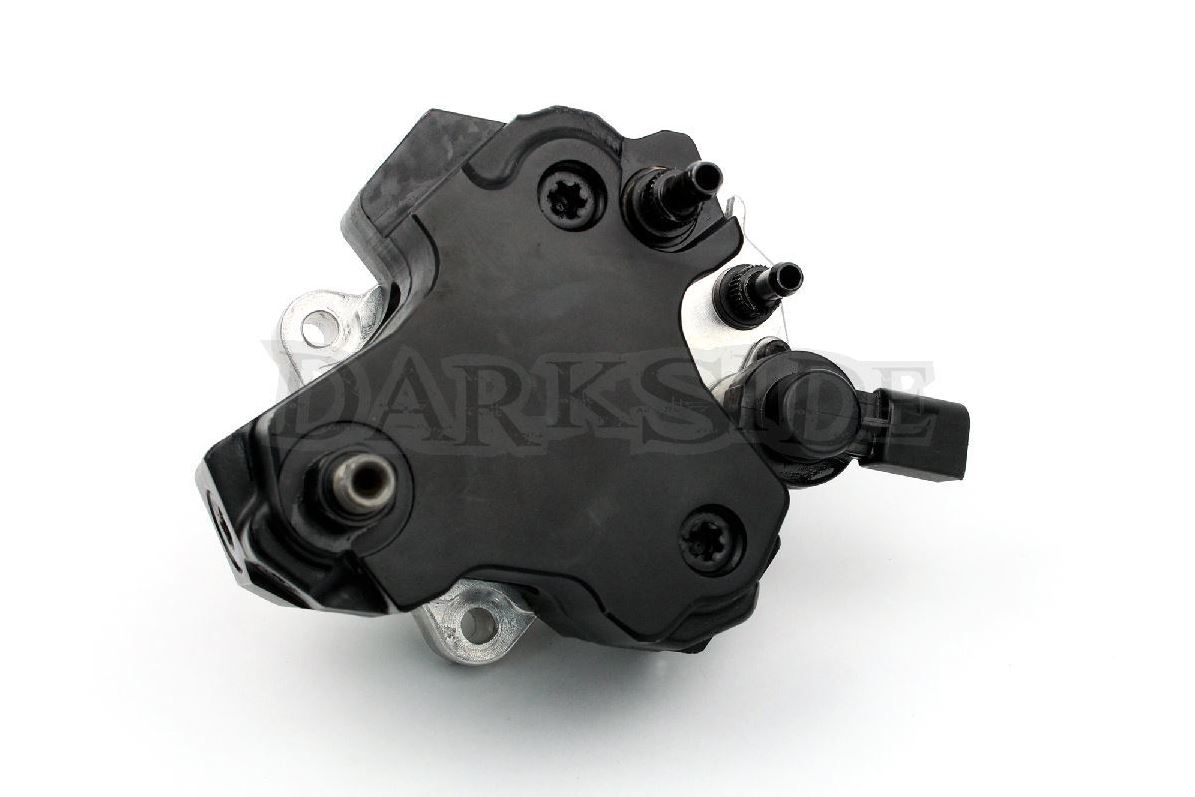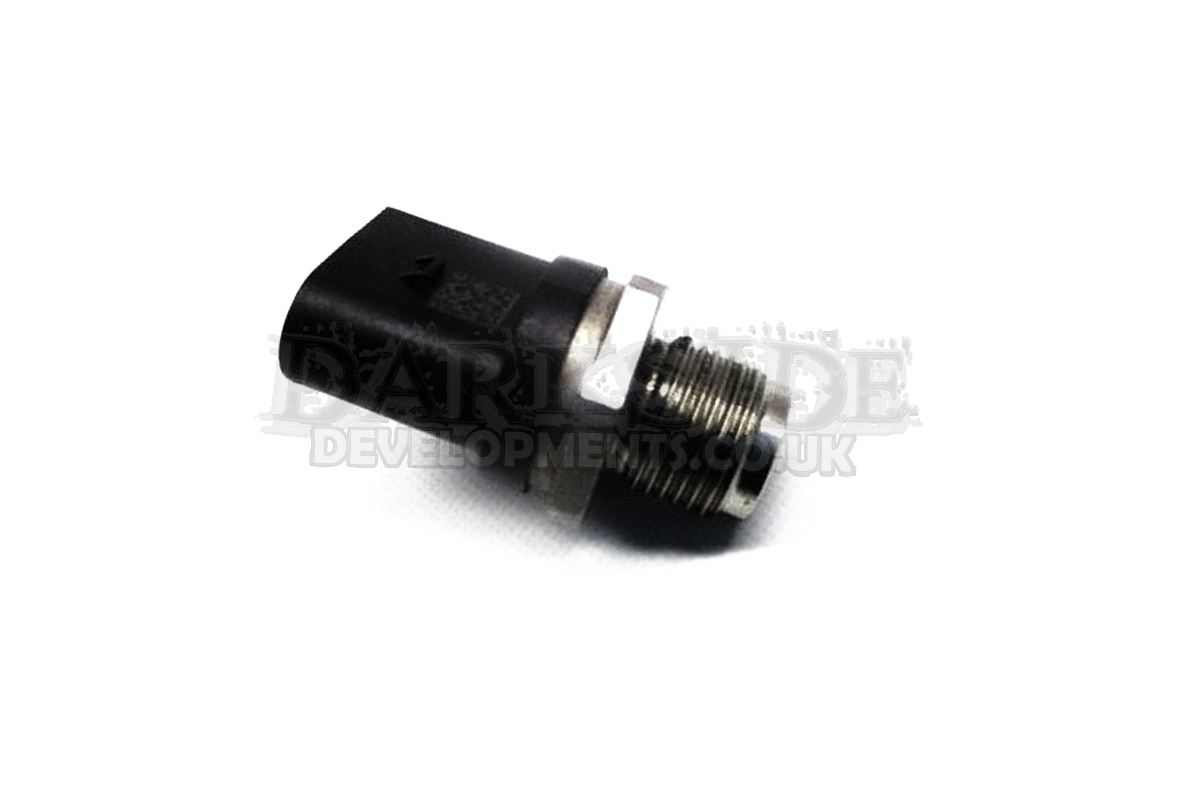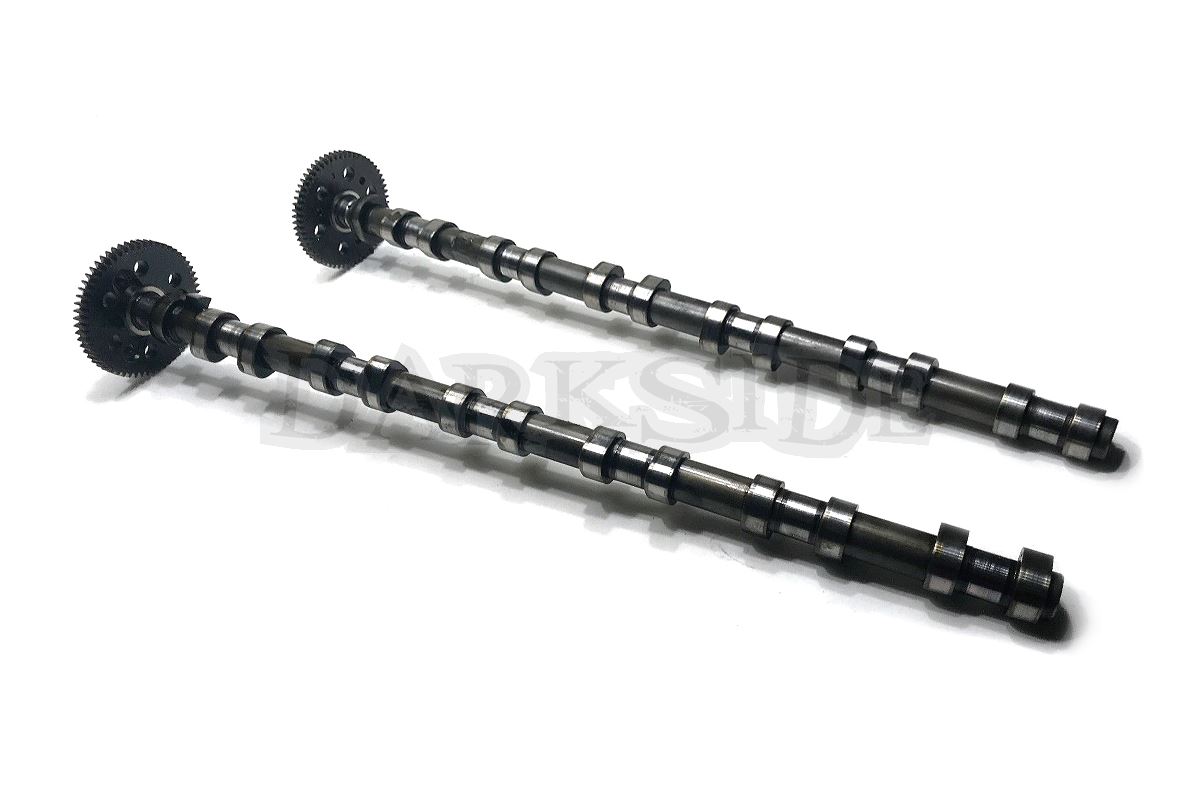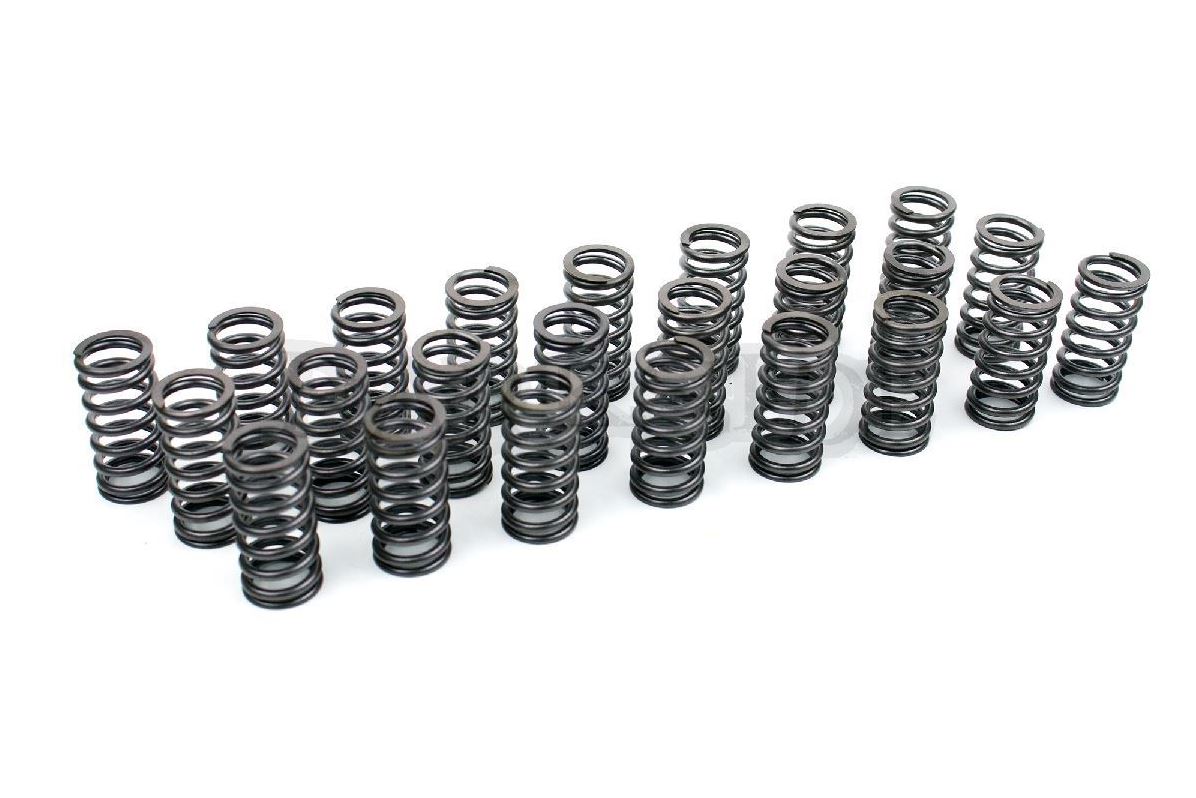Tuning the BMW M57 Engine
The M57 is a water-cooled and turbocharged inline six cylinder diesel engine with common-rail injection. It is based on its predecessor, the M51, which was a six-cylinder diesel engine with a Bosch VP20 swirl chamber (in-Direct) injection or IDI as its commonly known, and was fitted to the E34 to E39 td and tds models. The block and the crankcase of the first M57 engines and the TÜ (Technische Überarbeitung = revision) engines are made of cast iron, TÜ2 engines are made of aluminium instead, saving 20kg. The combustion chamber of the piston was also changed in the TÜ2 to lower the compression from 18:1 to as low as 16.5:1 on the Bi-Turbo models. The injection pressure is 1350 BAR in the 2.5L engine, with all other engines operating at a pressure of 1600 BAR. For fuel injection, Solenoid injectors are used, except for the TÜ2 OL and TOP (335d ect) engines, which make use of Piezo injectors. The common-rail-system is made by Bosch and also controlled by a Bosch DDE 5 ECU. The M57 is equipped with a Garrett GT2556V turbocharger, the M57TÜ uses a Garrett GTB2260VK turbocharger and the M57D30TÜTOP uses a BorgWarner KP39 high-pressure and a K26 low-pressure turbocharger, also known as the R2S system. The head is a 4 valve design with two chain-driven overhead camshafts that are accessed at the front of the engine, so not an impossible job for maintenance, unlike the later N-series engines.
We have our own BMW E90 330d Track Car and E82 with a 335d Engine and Gearbox Conversion
Both of these have the M57 engine. The plan we had for our 330d changed as it was built, if we started again we would have built a 320d as the 330d has too much power for the championships we race our other cars in, but for endurance type events the 3.0 engine will last a very long time in its 'de-tuned' state. We are aware the engine is capable of producing much more power for its modification list but for longevity when spending hours at a time at full throttle, more cooling and less power is required. We found out the hard way and had to rebuild the entire engine. Most parts are BMW only at astronomical prices, but with some digging we managed to source the correct parts at the right prices.
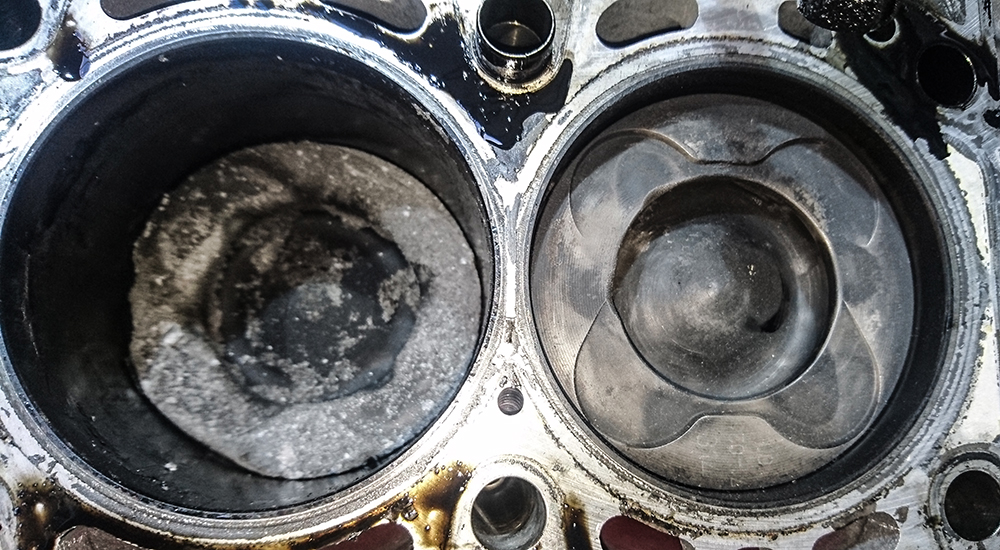
The most popular tuning engine is the earlier Iron block M47 x20d and M57 from the x30d models, these are a very sturdy unit with not many common issues with the base engine. The Solenoid injectors in these are much more reliable and are easy to swap to larger nozzles. The TU2 Piezo injectors are not serviceable and are more prone to failure but the main issue we see with these are low deliveries that are only noticeable when you are getting closer to the edge of what the injectors are capable of. 1600 BAR rail pressure is quite low in modern terms, with 2700 BAR being the cutting edge nowadays, so the power potential of the BMW M series engine is limited by this somewhat.
Below we have a list of modifications and their predicted output for the 3.0 M57 engine with a GTB2260 turbo. This is mearly a guide and might produce more power on other dynos (see our Dyno Blog), but we would like to remain realistic in our estimations and base this upon information gathered from our own tuning. We will produce another blog for the 2.0 4 Cylinder Engines. The modifications are very similar, but the output (and cost) will be around 1/3rd less, also remember that a larger engine spools a bigger turbo much better and BMW's are very nice in that respect.
Stage 1
295bhp & 520Ft/Lbs
With just a custom tune the above figures are easily possible if all the standard hardware is in good shape. We also recommend a swirl flap delete at this point but it should be considered at any power level. The limiting factor is now the turbocharger itself.
if you have the earlier GT2560 turbo, take away 10-20hp from these estimations or consider an upgrade.
Optional - DPF and EGR Delete
Stage 2
350bhp & 540Ft/Lbs
With the installation of one of our GTD2872VRK Turbos and a set of 535d nozzles these engines are capable of getting well into the 300's at the expense of a little low end torque but this is not noticeable from the driving seat as the throttle pedal can easily induce power slides in the lower half of the gears. The standard Intercooler, Exhaust and Clutch will be required to be upgraded to cope with the extra power and torque.
The Alloy block TU2 engine already has the same injectors as the 335d so are not required to be upgraded at this stage
Stage 3
375bhp & 560Ft/Lbs
Much beyond 350bhp the standard CP3 pump struggles to cope with the fuel required, not
surprising as the R70 pump the M57 uses is the same as the 140hp 118d's!
We decided to select a pump that is a direct bolt on but offers almost 30% more flow.
This is an 'R90' pump which means for each revolution it displaces 0.9cc of fuel vs 0.7 on the standard pump.
We have tested a pump of this size well over 500bhp on our 2.0 Arosa drag car.
We also have a 2700 BAR Rail Pressure sensor available, but this is not really needed with the R90 pump as its unlikely you will be able to push beyond the standard 2000 BAR Sensors range.
Stage 4
400bhp & 600Ft/Lbs
Its all well and good having as much fuel as you like to make silly HP but it needs to efficiently find its way into the engine. BMW engines are much better in factory form than VW engines but improvements can still be made, the valves springs are notably soft and whist replacing those, you might as well fit a set of upgraded cams and Head studs. This can all be done without removing the head.
If you are considering replacing the timing chain as well as all this it would be rude not to port the head a little, we don't offer this as a service but soon will! If the GTD2872 turbo is not enough then the next steps will involve custom fabrication and sacrifice of some items like the standard airbox ect, room is severely limited on the BMW engines, especially RHD cars. Cams, head, headstuds, bigger turbo...
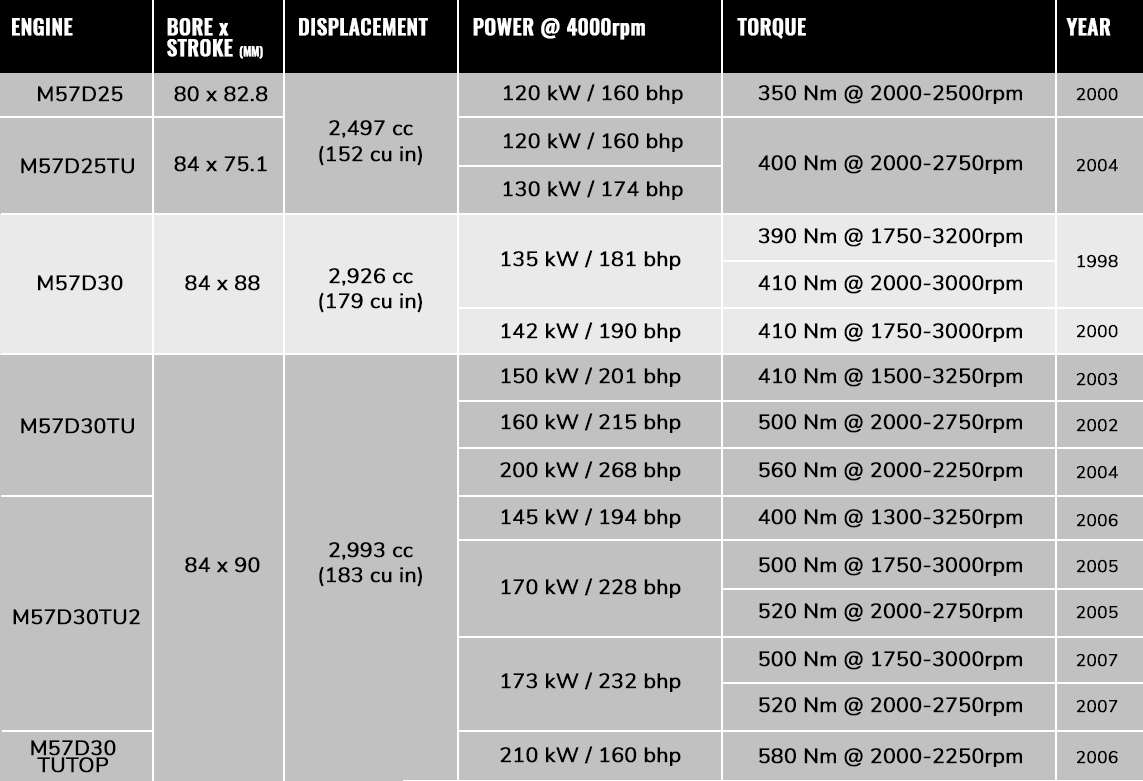
Recent Posts
-
Croft - Roadsports & ClubEnduro - 750MC - 25th-27th April 2025
The 2025 season meant little change for us in terms of cars, with just some minor tweaks, with Ryan …24 04 2025 -
Wheel Spacers - What to know
Wheel Spacers Wheel spacers are unquestionably one of the simplest and cheapest modifications to enh …06 03 2025 -
Donington GP - Roadsports & ClubEnduro - 750MC - 12th & 13th October 2024
With just over a month since our fantastic 1-2 finish at Oulton Park, it was another RoadSports and …01 11 2024

